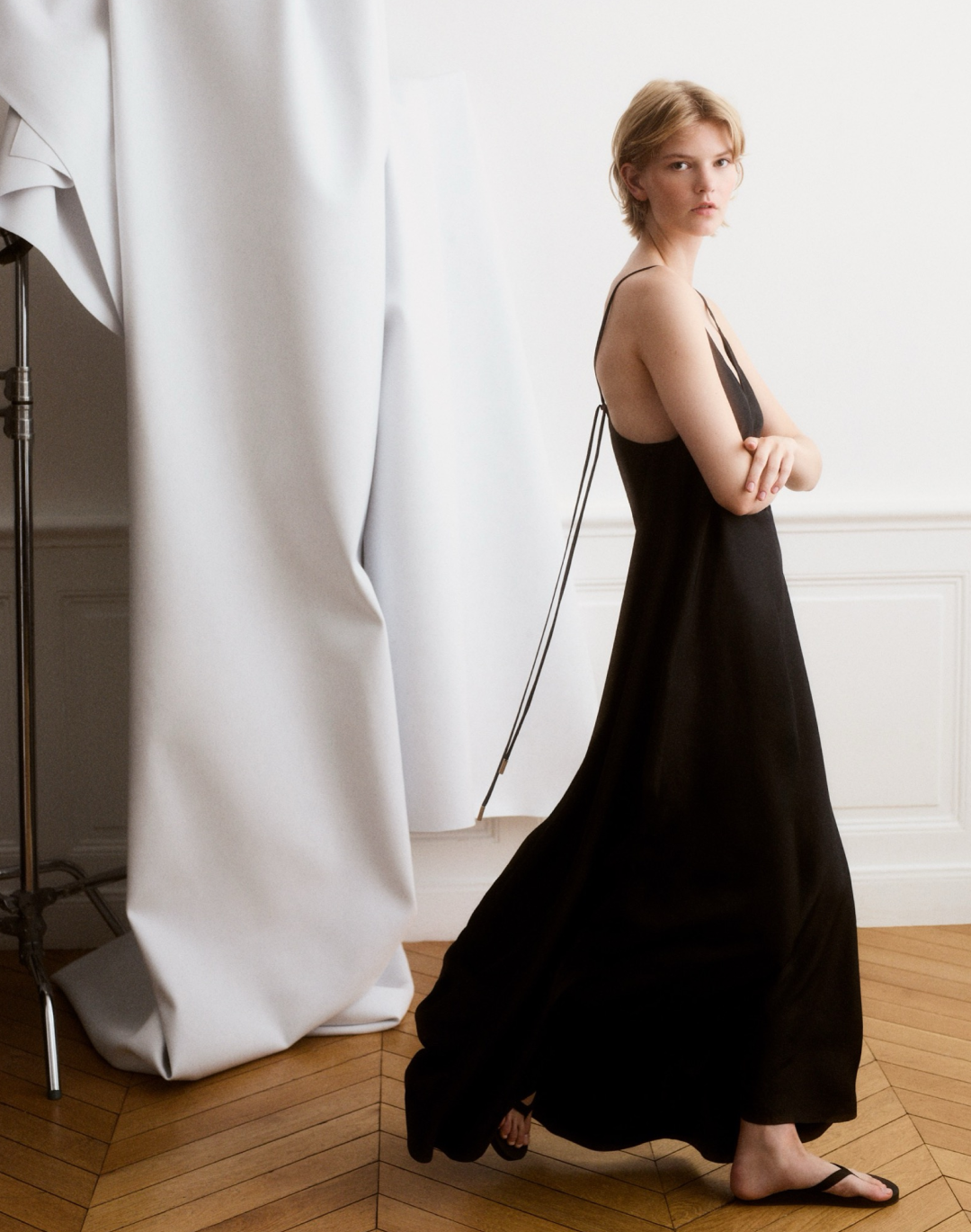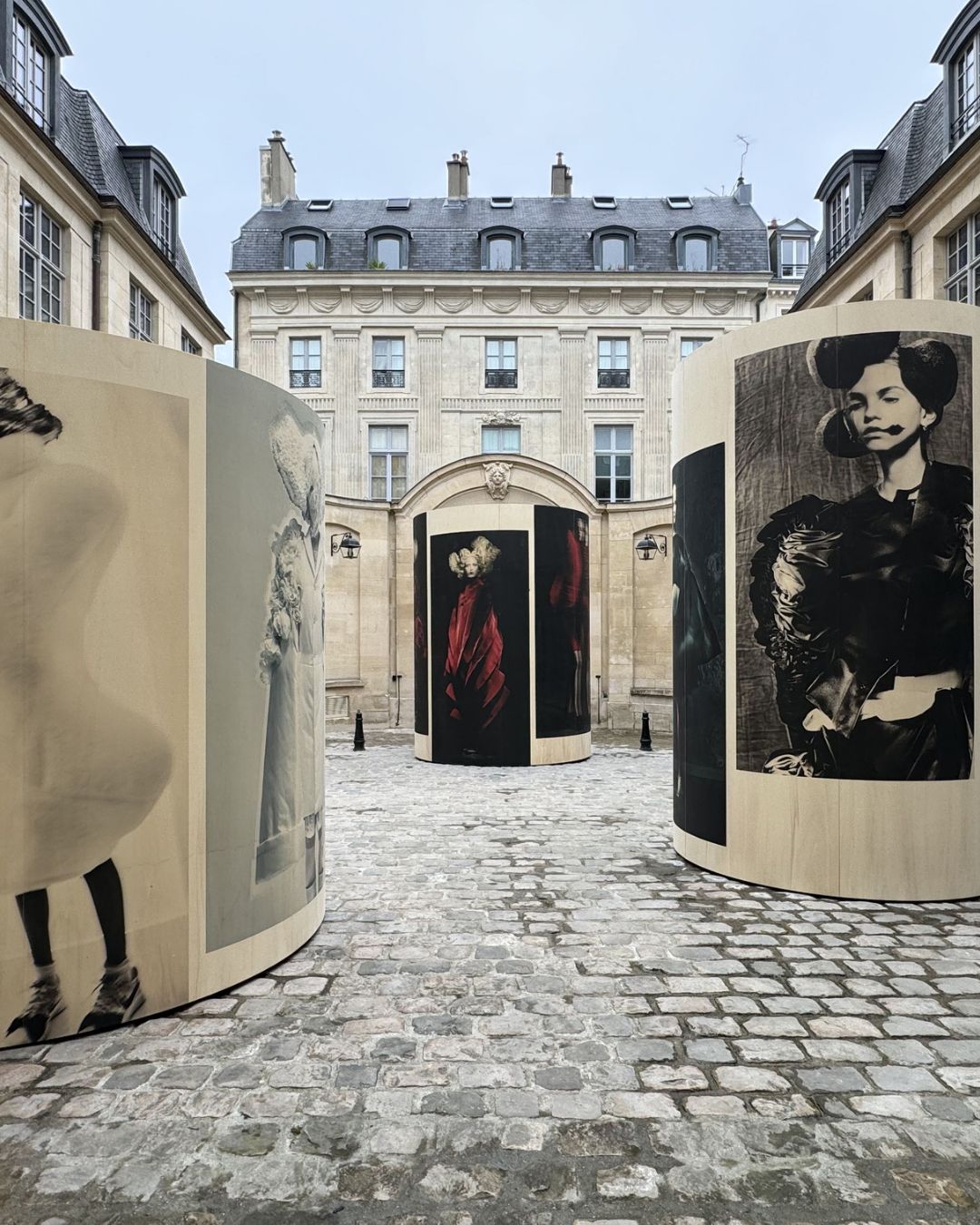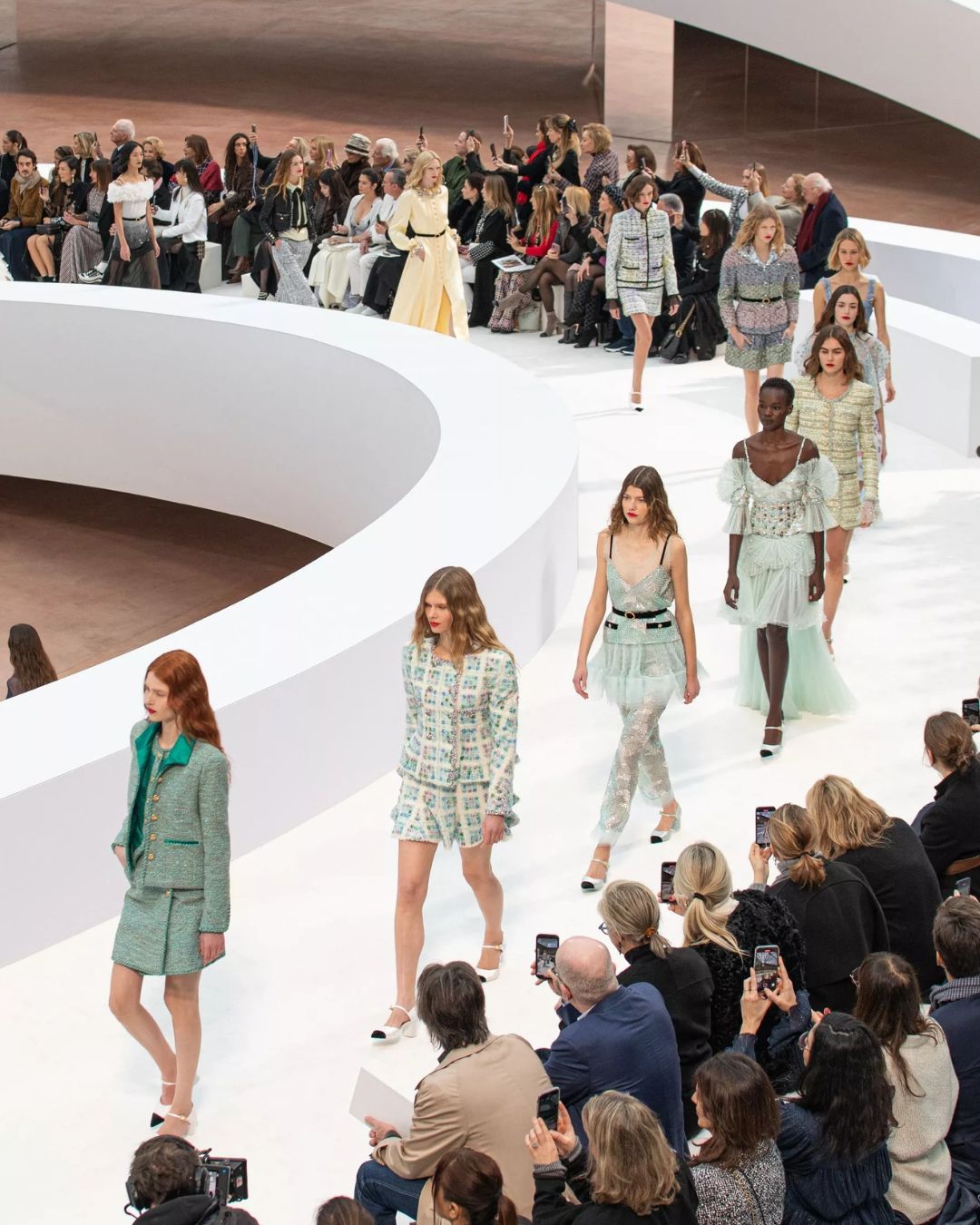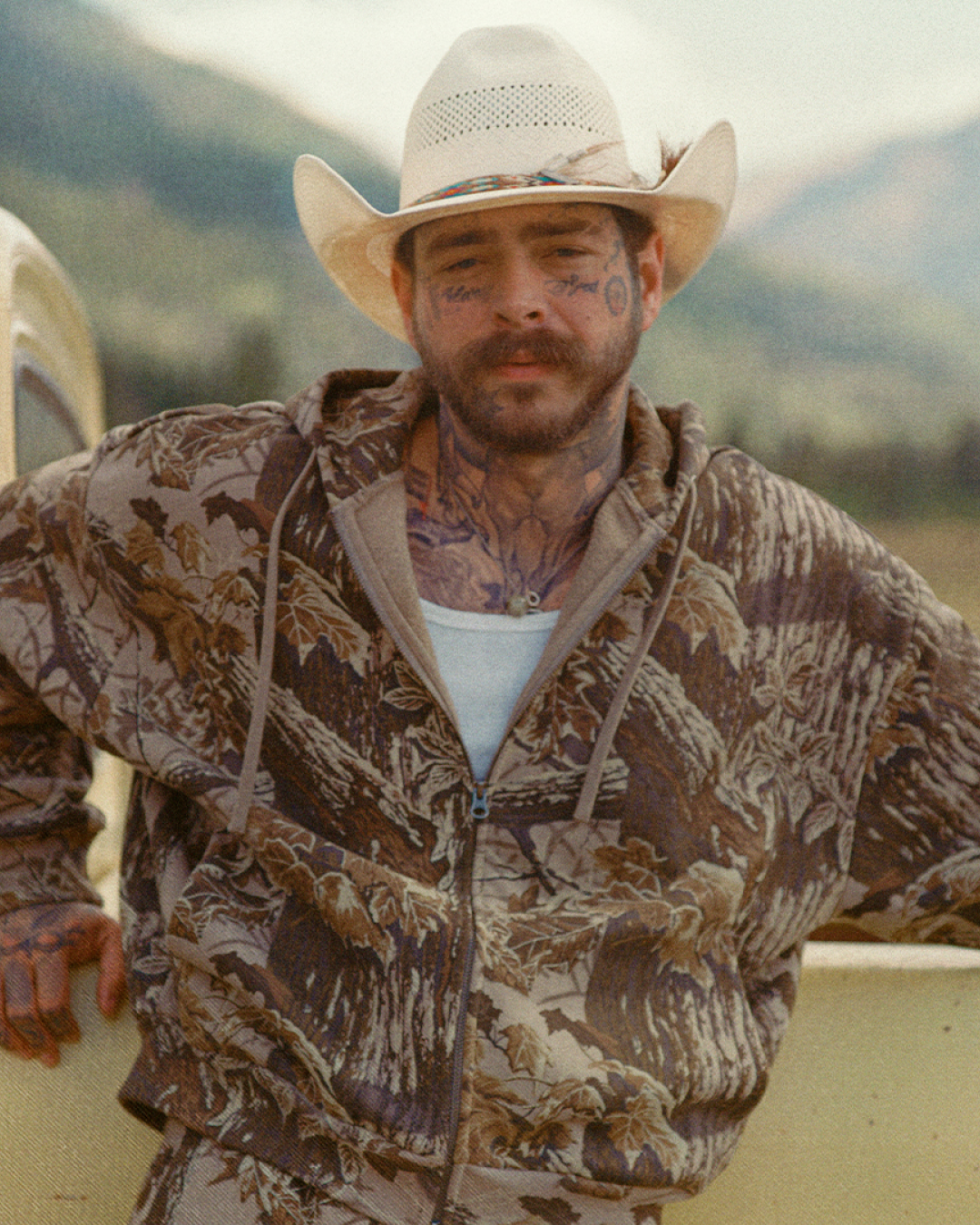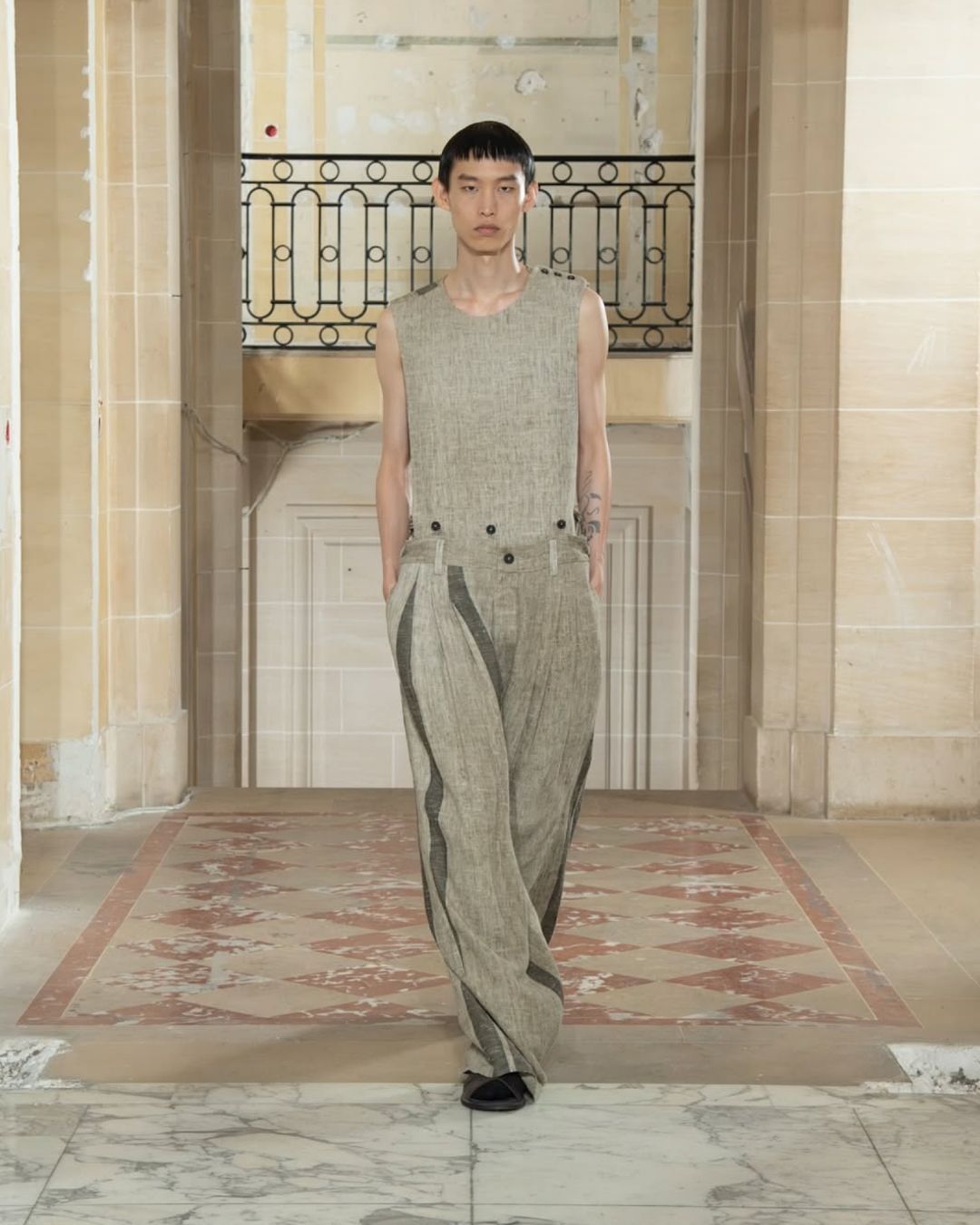
Farewell to Kenzo Takada, founder of Kenzo The Japanese designer died yesterday in Paris
Yesterday, Kenzo Takada died in Paris at the age of 81 due to Covid-19. With him, goes one of the most important names of that creative bridge Tokyo-Paris that Takada was the first to walk inspiring designers of the likes of Jun Takahashi, Junya Watanabe,Yohji Yamamoto and Rai Kawakubo. Unlike everyone else, However, Kenzo Takada pursued an energetic and vital worldview, inspired both by his travels and by the primitive exoticism of Henri Rosseau's painting Le Réve – an artist who inspired him for the visual theme of his first Paris boutique, Jungle Jap, opened in 1970 at the Galerie Vivienne in Paris and then moved to the historic location of Place des Victoires under the name Kenzo in 1976.
His greatest merit, beyond his role as a pioneer of Japanese fashion in Paris, was to promote a youthful and playful style, to introduce in the silhouette deconstructed fashion and the use of wide sleeves, ethnic and bold and maximalist prints. Although Takada is her brand in 1999, when it was acquired by LVMH, the trace of the transition into fashion culture is the unprecedented opening to multiculturalism. Come himself he told the South China Morning Post last year:
«When I opened my shop I thought that there was no point in me doing what French designers were doing, because I couldn’t do that. So I did things my own way in order to be different, and I used kimono fabrics and other influences.».
Takada was one of the founders, in 1973, of the Chambre Syndicale de la Couture, du Prit-à-porter des Couturiers et des Créateurs de Mode, perhaps one of the most important administrative bodies for the fashion industry French. Her shows were something spectacular, among the first in which models and models were part of a great show – her first, legendary defilès were held in a circus tent where Takada made her entrance on the back of an elephant. After abandoning his brand, Takada designed costumes for the world of opera, created uniforms for the Japanese team at the 2004 Olympics, was a painter and created a furniture line. Just as his life was emblematic of a unique historical period marked by free creativity and multiculturalism, his death was also emblematic of a more gloomy historical period – that of a Paris Fashion Week that strives to survive in the middle of the pandemic. His cheerfulness, humility and joie de vivre are summed up in his famous phrase:
«Fashion is like eating. You shouldn't stick with the same menu».




































































